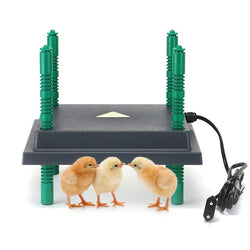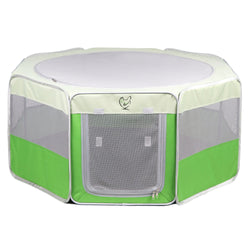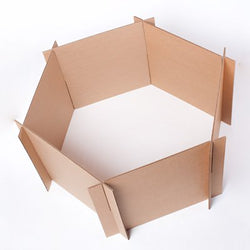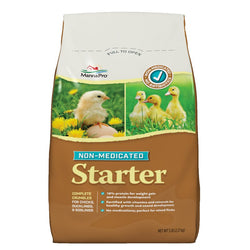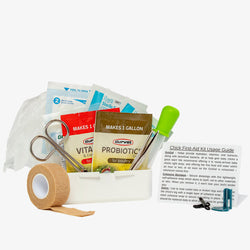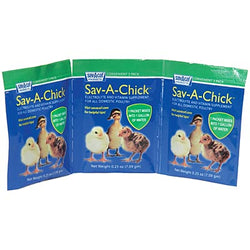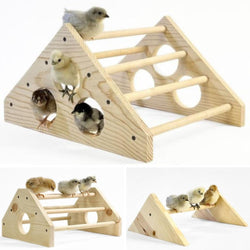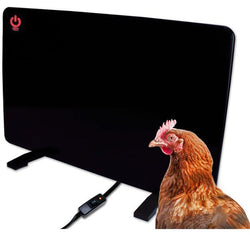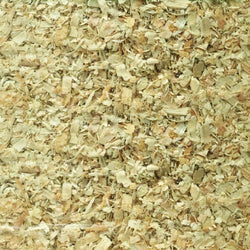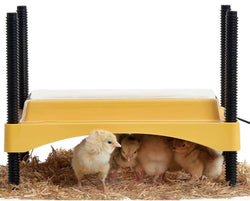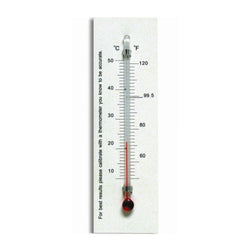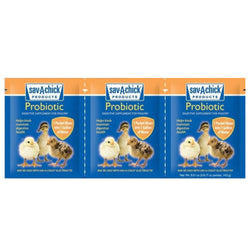I got a terrible hatch. Does that mean most of my eggs were infertile?
Back to blog
No, a terrible hatch doesn't mean that most or even any of your eggs were infertile! They may all have been fertile. Remember, just because an egg doesn't hatch (or even if it doesn't develop), that doesn't mean it wasn't fertile.
It is not possible to see the fertilized blastodisc, or blastoderm, on the yolk of the egg after 21 days of incubation, as it will have deteriorated by then. �If you have a rooster with your hens, you can presume good fertility up to about a ratio of ten or twelve hens to every rooster. To check your exact ratio, you can crack open some (fresh, unincubated) eggs and look for the blastoderm on the yolk (like a tiny white bullseye), which is just visible to the naked eye if you have good eyesight.
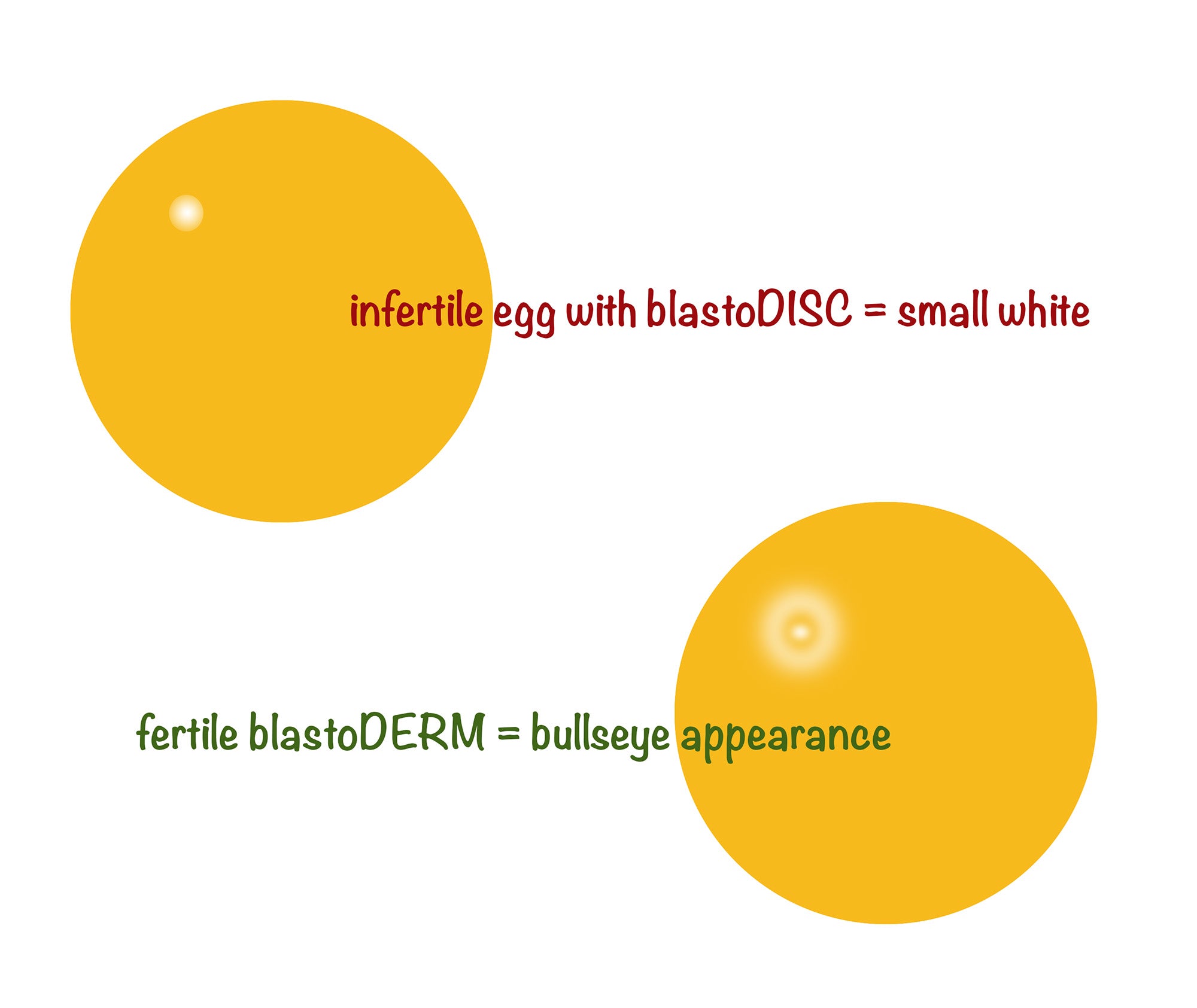
Illustration by Ray Yang for My Pet Chicken
So, if your eggs didn't develop after 21 days of incubation, you can't tell by looking at them if they were fertile or not. The only thing you can see is that they didn't develop, and that might mean a number of things. Take a few moments to review our troubleshooting guide to see what causes can contribute to lack of development.
Especially with shipped eggs, no development is often just an issue with handling during shipping. Fresh, fertile eggs that have never shipped hatch at an average rate of 80% or so. If they are shipped, that rate drops to an average of 50%, even when they are handled very carefully!�No suppliers of hatching�eggs (including My Pet Chicken) can�guarantee a hatch rate, and you can't even guarantee a hatch rate when hatching your own eggs.
Remember, those hatch rate percentages are what is AVERAGE (not what is guaranteed). That means some incubations will see a better percentage, and some incubations will (unfortunately) have a worse rate. If you love to hatch eggs and incubate often, you will have a great hatch rate sometimes--and sometimes you will have one that's simply awful.
�� For customers who are not familiar with the trials and tribulations of incubating shipped eggs, we also make sure to have information about that here on our website, so you can read about it before you even place�eggs�in your shopping basket.
Then when you make your purchase, you are also required to read and click "I understand and accept" in order to continue and place your order. We want to make absolutely sure that our customers understand the issues with purchasing shipped fertile hatching eggs before they complete an order. For people who are purchasing elsewhere or trying to hatch their own eggs, we have the free incubation ebook available for them, so they can be prepared for these issues.
If you had a terrible hatch rate, but you had no problems with your incubation--no temperature drops or spikes, humidity issues, power outages and so on--a bad hatch is likely attributable to shipping trauma or improper storage. Eggs are best stored in a cool dark place, about 60 degrees, and turned several times a day to prevent the yolk from settling to one side.
Still disappointed? We understand, having been disappointed, too, with our own home hatch rates! But remember that in most cases, ordering baby chicks is less expensive than trying to hatch eggs--unless they are your own flock's fertile eggs.
Chicks have a 100% live arrival guarantee, PLUS you can specify how many hens you want to have (with a 90% sexing accuracy). That sort of certainty is just not possible with hatching eggs from any source: they are not guaranteed to hatch, and the number of hens and roosters cannot be guaranteed, either. For that reason, purchasing baby chicks still almost always works out to be less expensive than trying to hatch shipped eggs. This is why we state over and over in the hatching guide that incubation is not for the faint of heart, and that people who choose to incubate must be prepared to be flexible since what you will have at the end varies so much! Granted, hatching is a wonderful experience, and you can often get very rare breeds not available as chicks. However, in most cases, ordering baby chicks is the best way to get started with a new laying flock.
All that said, there is another alternative: Chick Packs. Chick Packs are for those who would like to order some of our rarest breeds available only as fertile hatching eggs... but who don't want to purchase an incubator, or who would like a guarantee of live chicks (which you don't get with fertile hatching eggs). With the exception of the Sex-linked pullet assortment, all our chick packs consist of straight run chicks, meaning they are a mix of males and females, just as you would get from hatching the eggs yourself. Read more about "straight run" in the related questions below.
It is not possible to see the fertilized blastodisc, or blastoderm, on the yolk of the egg after 21 days of incubation, as it will have deteriorated by then. �If you have a rooster with your hens, you can presume good fertility up to about a ratio of ten or twelve hens to every rooster. To check your exact ratio, you can crack open some (fresh, unincubated) eggs and look for the blastoderm on the yolk (like a tiny white bullseye), which is just visible to the naked eye if you have good eyesight.

Illustration by Ray Yang for My Pet Chicken
So, if your eggs didn't develop after 21 days of incubation, you can't tell by looking at them if they were fertile or not. The only thing you can see is that they didn't develop, and that might mean a number of things. Take a few moments to review our troubleshooting guide to see what causes can contribute to lack of development.
Especially with shipped eggs, no development is often just an issue with handling during shipping. Fresh, fertile eggs that have never shipped hatch at an average rate of 80% or so. If they are shipped, that rate drops to an average of 50%, even when they are handled very carefully!�No suppliers of hatching�eggs (including My Pet Chicken) can�guarantee a hatch rate, and you can't even guarantee a hatch rate when hatching your own eggs.
Remember, those hatch rate percentages are what is AVERAGE (not what is guaranteed). That means some incubations will see a better percentage, and some incubations will (unfortunately) have a worse rate. If you love to hatch eggs and incubate often, you will have a great hatch rate sometimes--and sometimes you will have one that's simply awful.
�� For customers who are not familiar with the trials and tribulations of incubating shipped eggs, we also make sure to have information about that here on our website, so you can read about it before you even place�eggs�in your shopping basket.
Then when you make your purchase, you are also required to read and click "I understand and accept" in order to continue and place your order. We want to make absolutely sure that our customers understand the issues with purchasing shipped fertile hatching eggs before they complete an order. For people who are purchasing elsewhere or trying to hatch their own eggs, we have the free incubation ebook available for them, so they can be prepared for these issues.
If you had a terrible hatch rate, but you had no problems with your incubation--no temperature drops or spikes, humidity issues, power outages and so on--a bad hatch is likely attributable to shipping trauma or improper storage. Eggs are best stored in a cool dark place, about 60 degrees, and turned several times a day to prevent the yolk from settling to one side.
Still disappointed? We understand, having been disappointed, too, with our own home hatch rates! But remember that in most cases, ordering baby chicks is less expensive than trying to hatch eggs--unless they are your own flock's fertile eggs.
Chicks have a 100% live arrival guarantee, PLUS you can specify how many hens you want to have (with a 90% sexing accuracy). That sort of certainty is just not possible with hatching eggs from any source: they are not guaranteed to hatch, and the number of hens and roosters cannot be guaranteed, either. For that reason, purchasing baby chicks still almost always works out to be less expensive than trying to hatch shipped eggs. This is why we state over and over in the hatching guide that incubation is not for the faint of heart, and that people who choose to incubate must be prepared to be flexible since what you will have at the end varies so much! Granted, hatching is a wonderful experience, and you can often get very rare breeds not available as chicks. However, in most cases, ordering baby chicks is the best way to get started with a new laying flock.
All that said, there is another alternative: Chick Packs. Chick Packs are for those who would like to order some of our rarest breeds available only as fertile hatching eggs... but who don't want to purchase an incubator, or who would like a guarantee of live chicks (which you don't get with fertile hatching eggs). With the exception of the Sex-linked pullet assortment, all our chick packs consist of straight run chicks, meaning they are a mix of males and females, just as you would get from hatching the eggs yourself. Read more about "straight run" in the related questions below.
